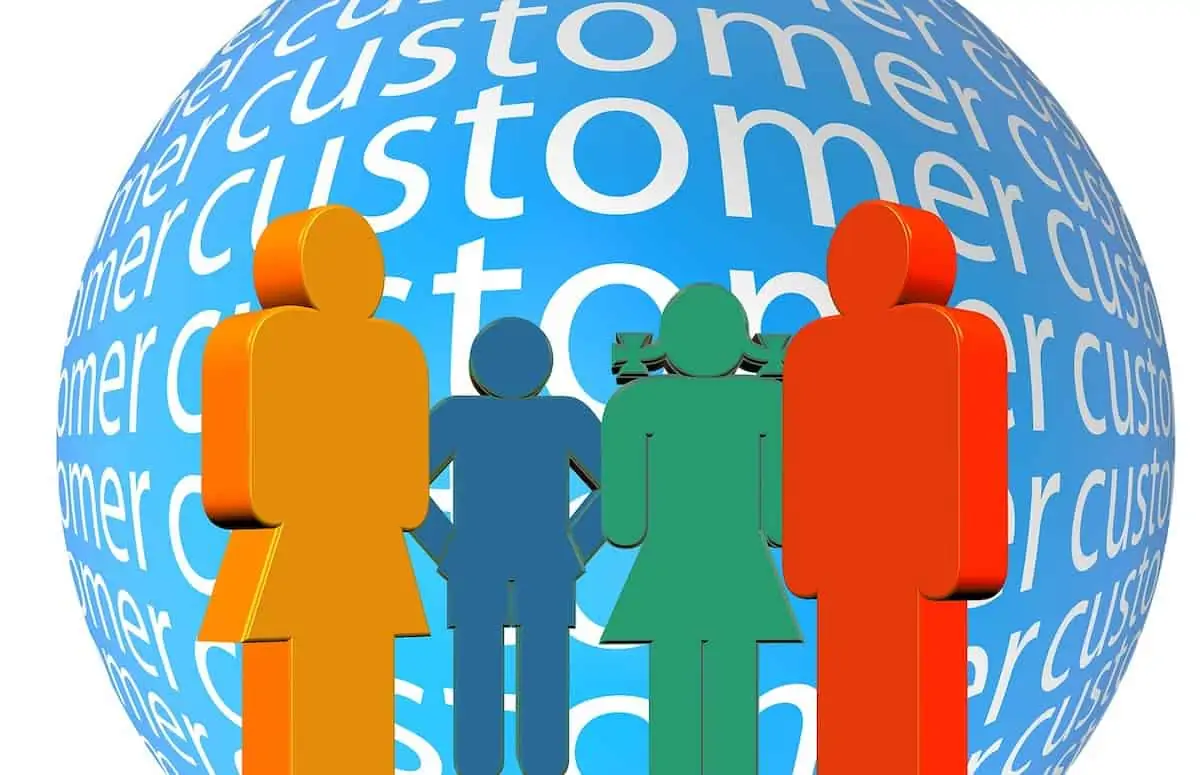If you are working or running a supply chain company, you’ll know that your industry is completely globalized. As your reach expands to nearly every country in the world, you find yourself catering to thousands of businesses, thus requiring a CRM.
With all this on your plate, you’ll realize you need good CRM management software for your organization’s success. If you were to ask me about the CRM definition, I’d tell you that it is a software that will not only help you run your business better, it will also boost it to the next level.
It is a fact that an increasing number of supply chain companies—especially small and medium businesses—are investing in CRM for small business solutions to manage their business processes. When we say business processes, we are talking about managing customer interactions, tracking leads, streamlining business processes and so much more.
Thanks to the technological progress and the availability of internet everywhere, business don’t have to invest heavily on CRM systems. There is no need to buy expensive hardware along with a pricey software today.
All you need to do is to subscribe to a web-based solution and start using it from any internet browser. You will need to pay a monthly bill for it, of course, but the software will readily integrate with all your existing hardware. Interesting, isn’t it?
Let’s look into the features that allow supply chain companies to benefit from cloud-based CRM solution.
- Contact Management
- Mobile Access
- Lead Management
- Reports and Dashboards
- Sales Forecasting
- Customization
Contact Management
CRM used to be a method for businesses to keep track of their customers and other important contacts. These days, this feature is found in nearly all cloud-based CRM solutions. If you are running a supply chain company, you’ll naturally have a ton of contacts that you need to manage.
A user-friendly CRM software comes with a contact management module that allows users to record and retrieve all customer data easily. It also assists in completing tasks related to that data. These tasks may include sending personalized emails, creating calendar events, sending offers notifications or follow-up reminders, and much more.
Mobile Access
Running a supply chain company and not having mobile access to your business contacts and workflow? How are you even keeping in business today? It is a fact that mobile access demand has quickly risen over the past few years.
It becomes even more important when you have a multi-national business with employees working from home. You may be on a business trip, or working out in the field and find the need to check on a client or a lead that you were working on. If you have a cloud-based CRM you’ll be able to easily access it when you are away from the office or even away from a desktop computer.
Lead Management
If you have been thinking that simply storing and managing your business contacts was enough for your business, let us correct you. Quality CRM solutions for supply chain management companies feature lead management functionality. This allows your marketing and sales teams to determine the best customers to interact with to increase profits.
This is based on a variety of factors such as demographic information, time since last purchase, business type, and much more. Some CRM solutions allow you to create custom filters and categories which helps you in improving the efficiency and productivity of your staff. It also assists them in focusing on the right leads at the most opportune right time.
Reports and Dashboards
Having your business history at your disposal is a good thing. But to you know how to effectively utilize that? Thanks to the modern CRM systems, you don’t have to hire a guy to tabulate all your data and present it on graphs. A few clicks on a CRM software can do this job for you. Interestingly, modern CRM solutions come with some additional features such as social media management, blogs tracking, email marketing and drip campaigns.

The data collected over time can be further used by business intelligence tools that come complete with dashboards and a plethora of reports.
Business owners can review statistics of important data in multiple visually appealing formats. The benefit of using a cloud-based CRM is that these reports are updated in real-time, and can be accessed from anywhere and at any time. This comes in handy when you are in a business meeting and need a quick analysis on sales.
Sales Forecasting
People say that customer service is important, but in reality, it’s all about sales. It’s a simple rule, the more sales you close, the more profit you end up with. Using all the data that is being accumulated on your CRM, the system can generate reports and forecast sales in the coming weeks or months. This helps you predict your future success in addition to visualizing the potential revenue performance of your business.
Sales opportunities are being created every day. And as you monetize those opportunities, your CRM uses your data to assign a likelihood to different upcoming events. This assists the sales team in making more informed decisions and even allows them to refine their strategies.
Customization
Since there are so many CRM solutions available in the market, developers are now focusing on offering customizable CRM software. This is because different businesses have different workflow processes and everyone needs one thing or another to run their business smoothly. Similarly, a feature may be important for one business but completely useless for another. This gives rise to the need for customizable CRM software.
The benefit of a customizable CRM is that it can easily mimic your prevalent workflow and save you a lot of time. Regardless of the size or industry of your business, you’ll be able to mold the software per your needs. A good CRM solution fully tailors your experience and comes with a user-friendly interface, customizable dashboard and many other business easing tools. These tools automate much of your business processes so you work smarter, not harder.
These were the ways how CRM software can help supply chain companies. We hope they were useful to you.


Sales CRM (Customer Relationship Management) software is one type of sales automation. It helps manage and organise customer data, track sales activity and pipeline, and enhance customer interactions. Software for sales forecasting that uses past data and other variables to anticipate future sales can also be automated.